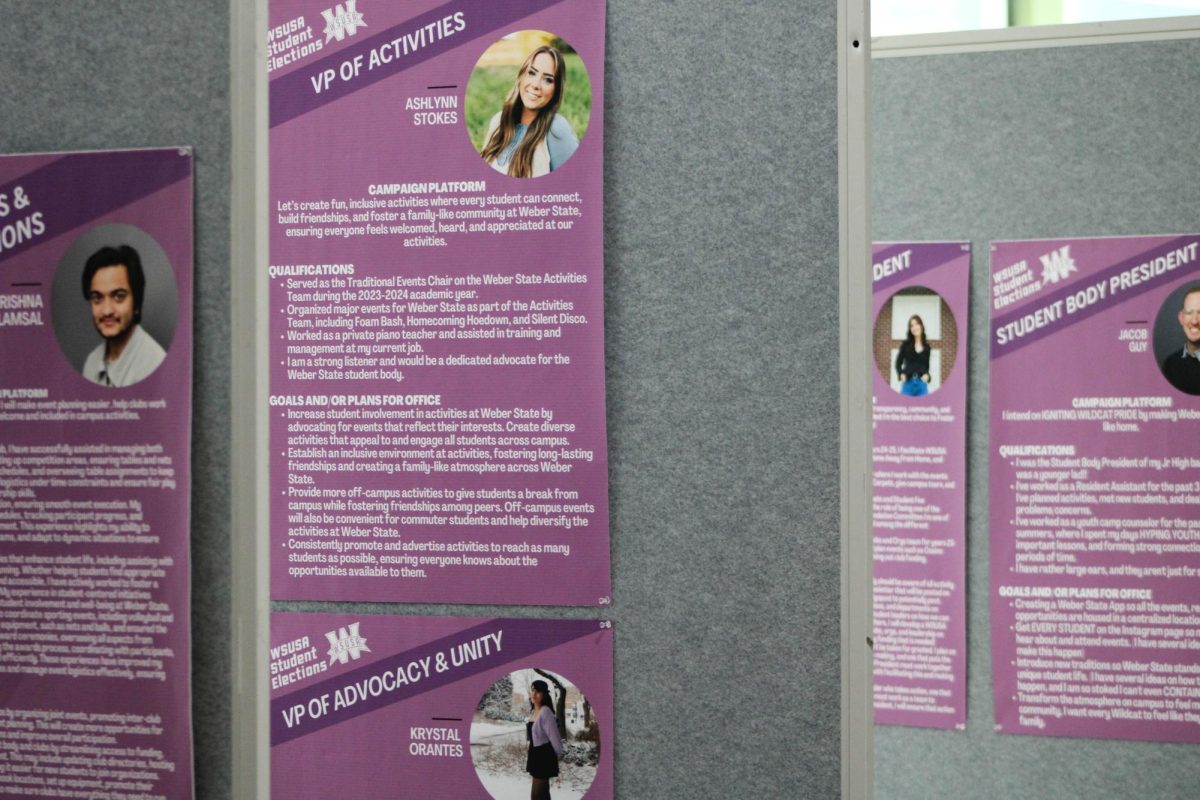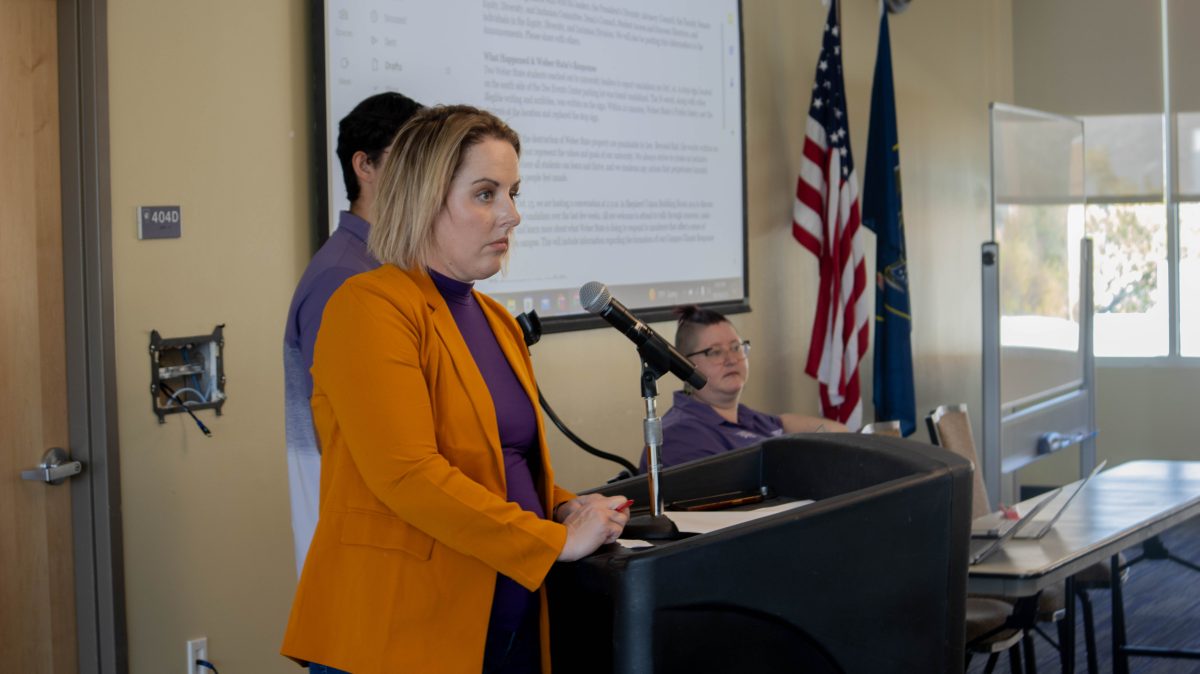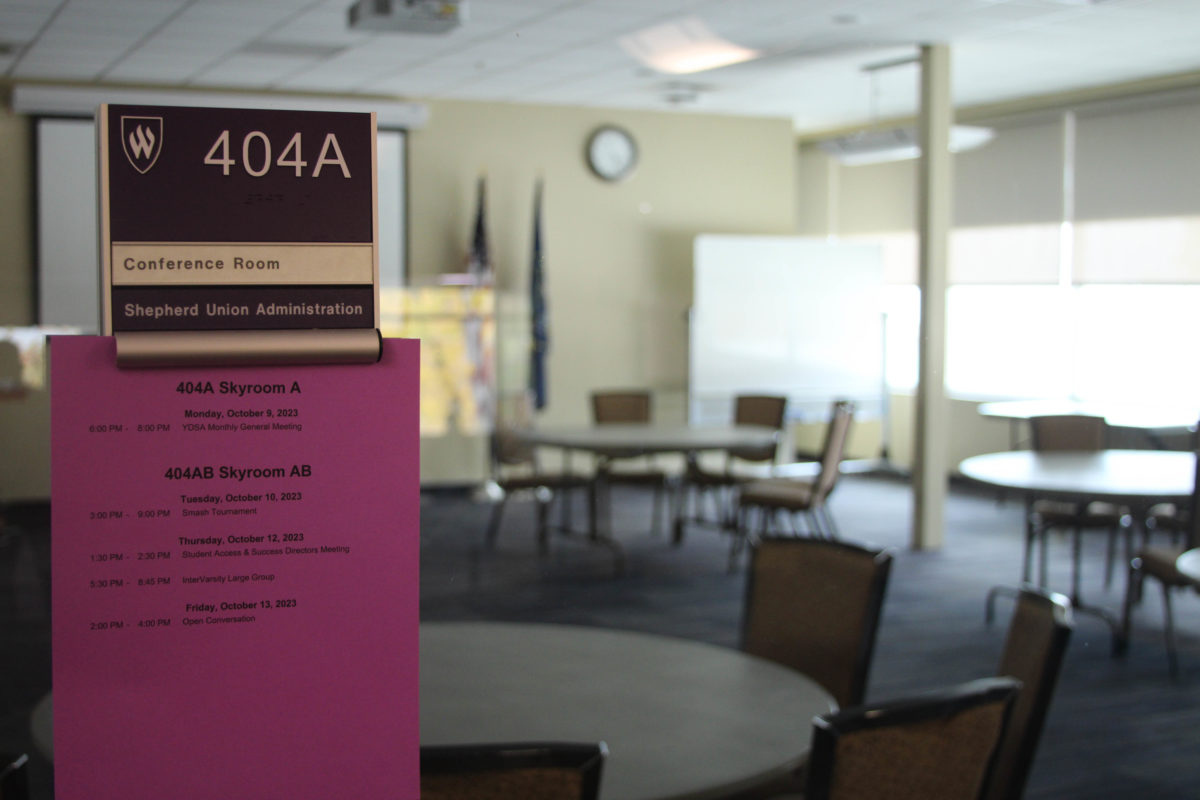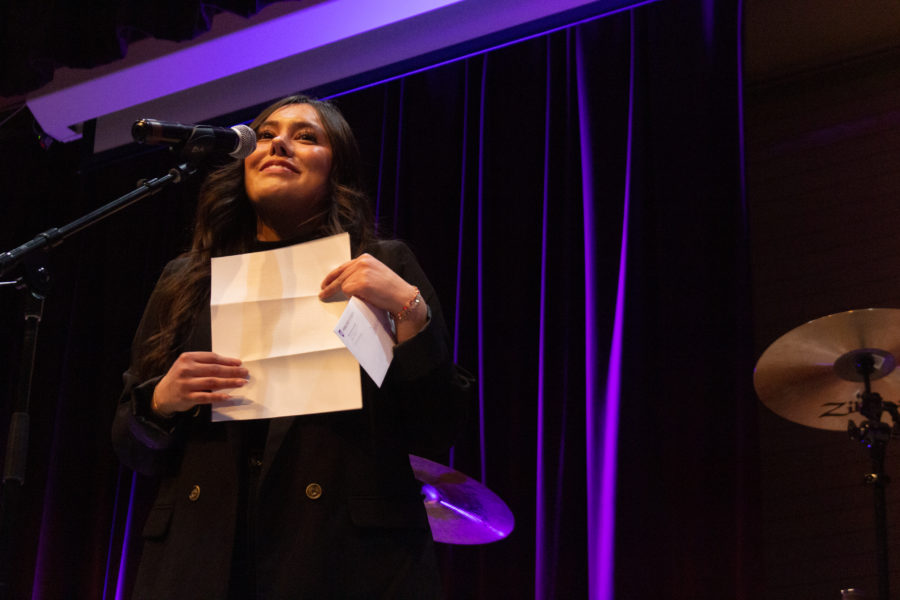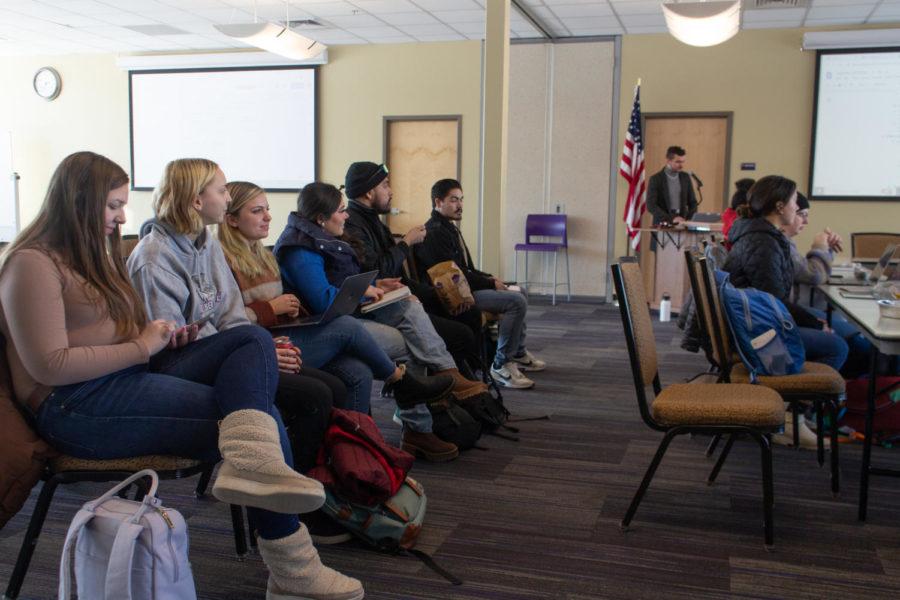Now that the dust has settled from the executive campaigns, Weber State students are left to review the decisions they made during last week’s voting. Congratulations are in order for all who ran, victorious or otherwise.
One of the most interesting aspects of the electoral season are the numbers that follow it. This year showed some interesting statistics. Weber State is not known for its the school spirit of its students, but the numbers were especially dismal this year. A paltry 1,315 voters turned out to elect next year’s executive council. Of the 22,500 eligible voters, that constitutes 5.8 percent.
The student body didn’t even crack double digits in their democratic enthusiasm. This is both sad and irresponsible, and shows the apathy that leaks from the student body like sewage from a septic tank.
While this low turnout is shocking, it is not as intriguing as another statistic. This year showed a surprising number of votes abstained. This is especially curious, because these people showed up to vote and chose not to support any candidates. In some cases, the abstained votes held major influence as to the winning candidates. The diversity, legislative and programming vice presidential elections all had over 20 percent of the total vote count thrown toward abstaining. Of all the races that had two or more candidates, all would have had different outcomes if the abstained votes were counted toward a candidate, with the exception of WSUSA president.
There are many reasons to abstain. Many are noble. But abstaining out of ignorance is both ignoble and lazy. A lack of voter education is primarily on the heads of the voters themselves. That being said, political organizations have the final responsibility for all politics. Candidates are responsible for the voter behavior, regardless of whether or not they can control every aspect of it.
The most underrated part of a campaign is convincing the voter why they should support a candidate. Aristotle categorized persuasion into three main sections, known as his Rhetorical Triangle. Firstly, ethos is the credibility of the persuader. Logos, the logistics behind their argument, should be the meat of a political campaign. Lastly, pathos is the appeal to emotion.
Of these three, which did the candidates employ most? Note that Aristotle didn’t include stickers, banners and cards. The candidates may have had every intention of running on well-tempered rhetorical campaigns, but if it didn’t follow through to the voters and they chose to abstain, did they really do their job in convincing students to vote for them?
The executive and legislative positions of WSUSA are arguably the most powerful student positions on campus. They help decide distribution of student fees, assist in contracting extracurricular organizations (think Sodexo), and represent the needs of the students to the faculty and administration at large. For such a serious responsibility, both the campaigning and the voting need to be taken more seriously.
Voter education is in the hands and on the heads of voters themselves. If a candidate wishes to assist in that process, they generally win. The offices of student government are powerful things. Perhaps more respect should be given to the process of getting there.








